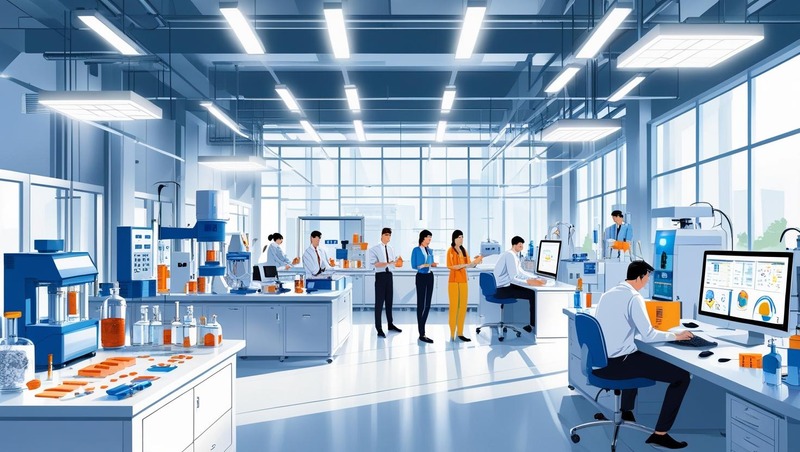The rapid advancement of emerging technologies such as Artificial Intelligence (AI), Electric Vehicles (EVs), and the Internet of Things (IoT) is transforming industries, economies, and the very nature of consumer products. As these innovations proliferate, they bring with them complex quality, safety, and regulatory challenges. In response, Testing, Inspection, and Certification (TIC) services are evolving to address the unique demands of these technologies, reshaping traditional quality standards and establishing new benchmarks for performance, reliability, and compliance.
Artificial Intelligence, increasingly embedded in applications ranging from autonomous systems to decision-making algorithms, requires a fundamentally different approach to quality assurance. Unlike physical products, AI systems are dynamic and self-learning, which means their behavior can change over time. TIC providers are now developing specialized protocols to validate AI systems for transparency, bias, data integrity, and ethical use. New standards are being introduced to test the explainability and predictability of AI outputs, ensuring that these systems operate within defined boundaries and comply with emerging regulatory frameworks like the EU AI Act.
Download PDF Brochure @ https://www.marketsandmarkets.com/pdfdownloadNew.asp?id=5352498

Electric Vehicles are another major driver of change in the TIC industry. As the global transition to sustainable mobility accelerates, TIC services are being redefined to address the unique components and safety requirements of EVs—ranging from high-voltage battery systems and power electronics to advanced driver-assistance systems (ADAS). TIC firms are conducting rigorous testing of battery durability, thermal stability, and charging infrastructure to prevent failures and ensure consumer safety. In parallel, inspection and certification protocols are evolving to support the development and deployment of EV technologies in alignment with both global safety standards and rapidly changing environmental regulations.
The Internet of Things has revolutionized how devices communicate, share data, and interact with users. From smart home appliances and wearable tech to industrial automation systems, IoT devices introduce intricate security, interoperability, and performance challenges. TIC providers play a critical role in certifying that these devices meet cybersecurity standards, function reliably across networks, and comply with privacy laws such as GDPR. Additionally, with billions of connected devices transmitting data across borders, ensuring electromagnetic compatibility (EMC), wireless communication standards, and software update reliability has become essential for maintaining trust and usability.
These emerging technologies are also pushing the TIC industry toward greater digitalization. TIC companies are integrating AI-powered analytics, digital twins, remote inspection tools, and blockchain-based traceability solutions into their service offerings. This shift enhances the speed, accuracy, and scalability of testing and certification processes, making it possible to support increasingly complex and global technology ecosystems.
In conclusion, AI, EVs, and IoT are not only transforming industries—they are fundamentally redefining what quality, safety, and compliance mean in the modern era. The TIC industry is at the forefront of this transformation, evolving its methodologies and standards to ensure that these innovations are reliable, ethical, and safe for consumers and businesses alike. As emerging technologies continue to shape the future, the role of TIC services in building trust and enabling responsible adoption will only grow in significance.